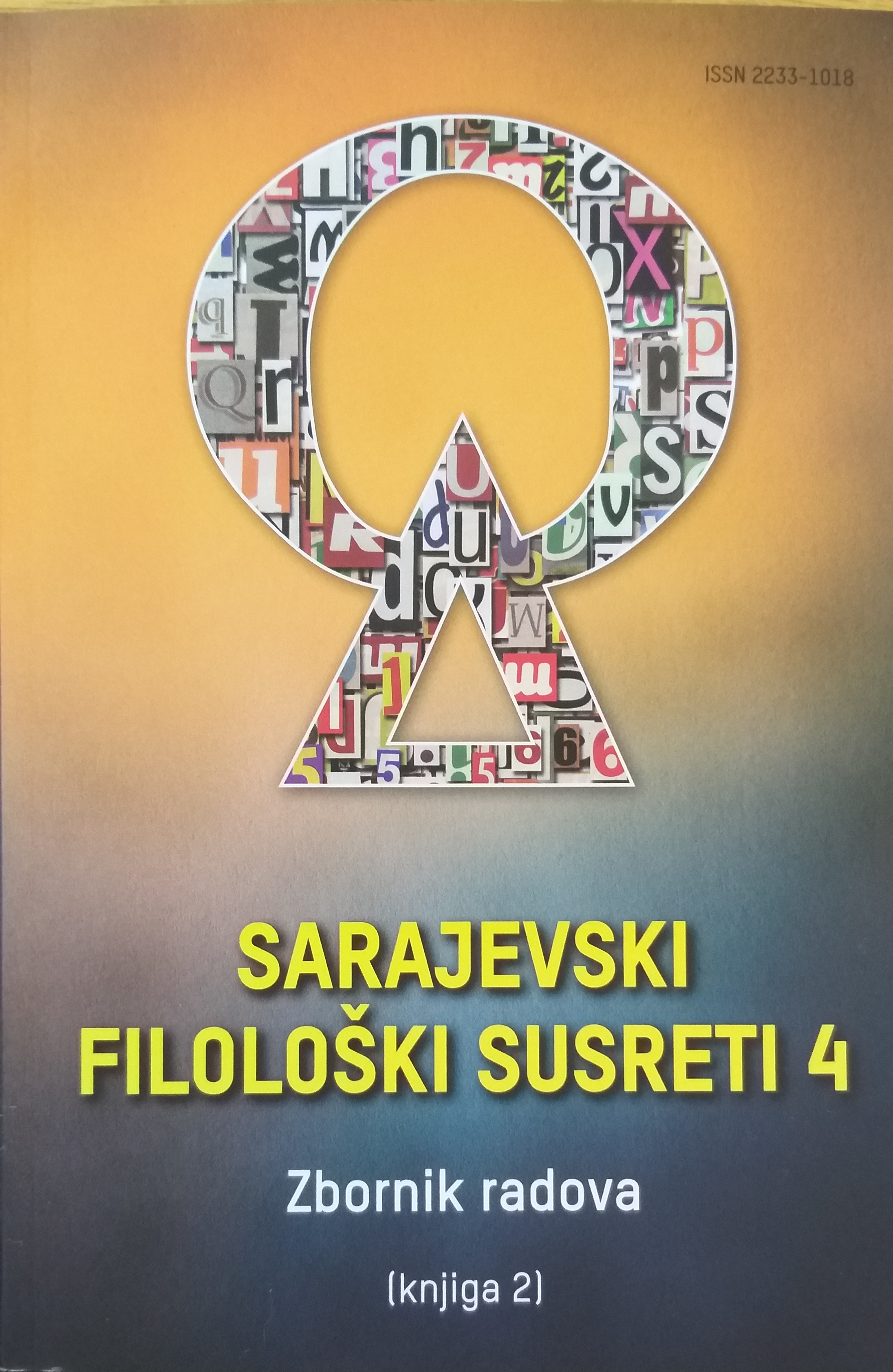Kultura sećanja u savladavanju prošlosti i izgradnji identiteta. Da li je tom prilikom manična depresija neminovna?
Remembrance culture in coming to terms with the past and identity building. Do these circumstances unavoidably impose manic depression?
Author(s): Miodrag VukčevićSubject(s): History, Psychology, German Literature, Fascism, Nazism and WW II, Politics of History/Memory, Politics and Identity
Published by: Bosansko filološko društvo
Keywords: collective memory; Fascism; Frank Witzel; identity features; National Socialism; the Red Army Fraction; remembrance culture;Vergangenheitsbewältigung;
Summary/Abstract: An identity that is defined through identification with cultural characteristics, determines self-esteem of an individual pertaining to certain groups. In contrast, the realization of standards created by the social history is defined as the process of phasing out from a predetermined unity. While the culture of remembrance reassesses norms realized in previous periods, overcoming historical experience confirms the identity following from the norms before their reassessment and afterwards. In the novel “The Invention of the Red Army Fraction by a manic-depressive Teenager in the Summer of 1969”, Adorno's ideas based on Freud's theory of critical self-reflection are carried out through the memory of childhood. The book, which won the prestigious German literary award last year, utilizes motifs from the memories of childhood connected with consumer’s daily lives, picks out as a central theme coming to terms with the past. Subsequently, it refers to the concept of the remembrance culture as well as its projecting in the context of the culture of 'Vergangenheitsbewältigung'. Taking as a starting point the aforementioned work, this paper intends to describe the procedure known in German culture for its significance for taking a categorical attitude towards history. Simultaneously, the analysis of Witzel’s award-winning novel should investigate the Memory of the History as a result of creating a certain cultural environment, otherwise, and in this case specifically for the German people.
Journal: Sarajevski filološki susreti: zbornik radova
- Issue Year: 4/2018
- Issue No: 2
- Page Range: 375-389
- Page Count: 15
- Language: Serbian

